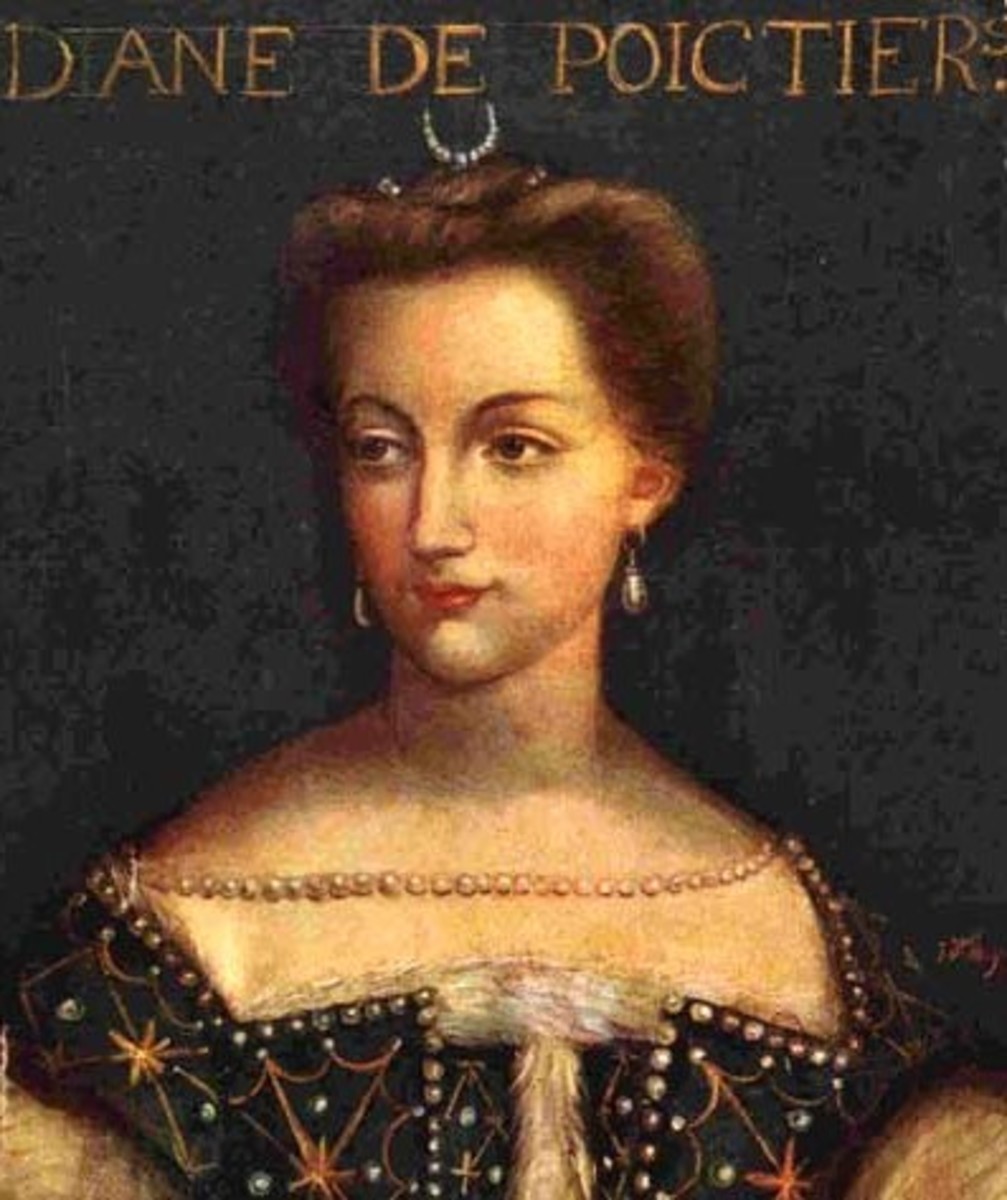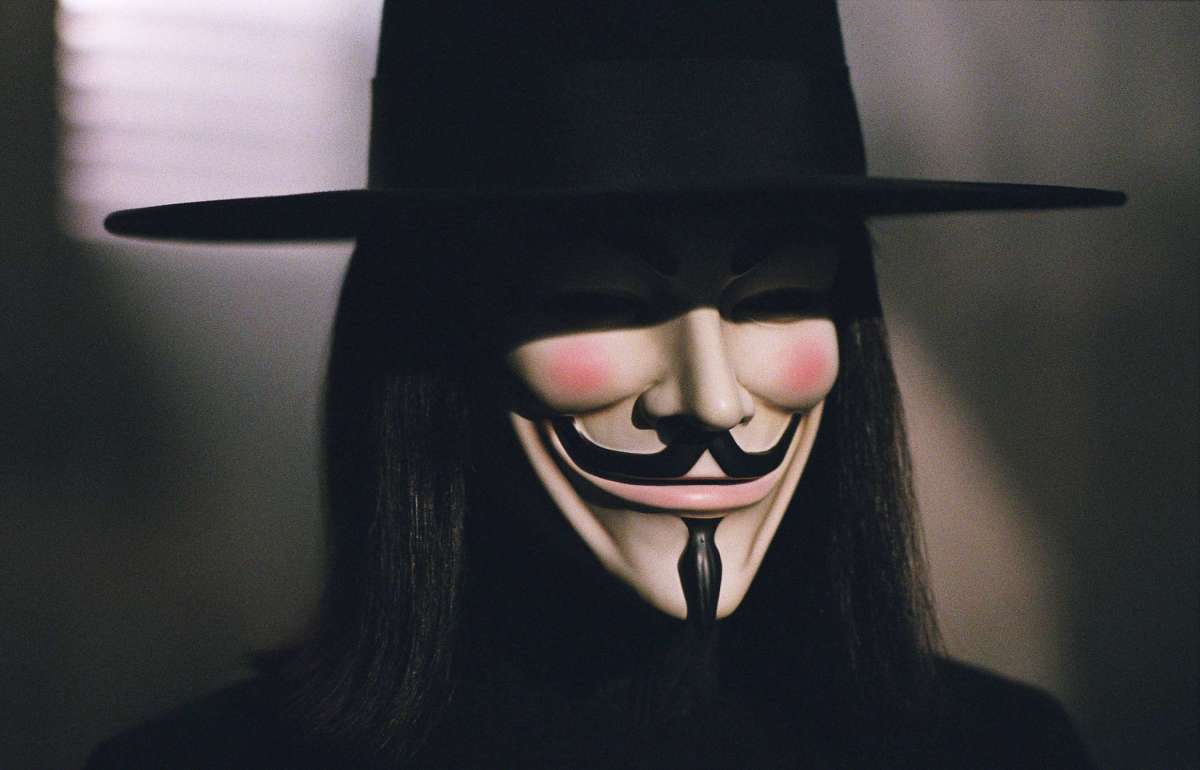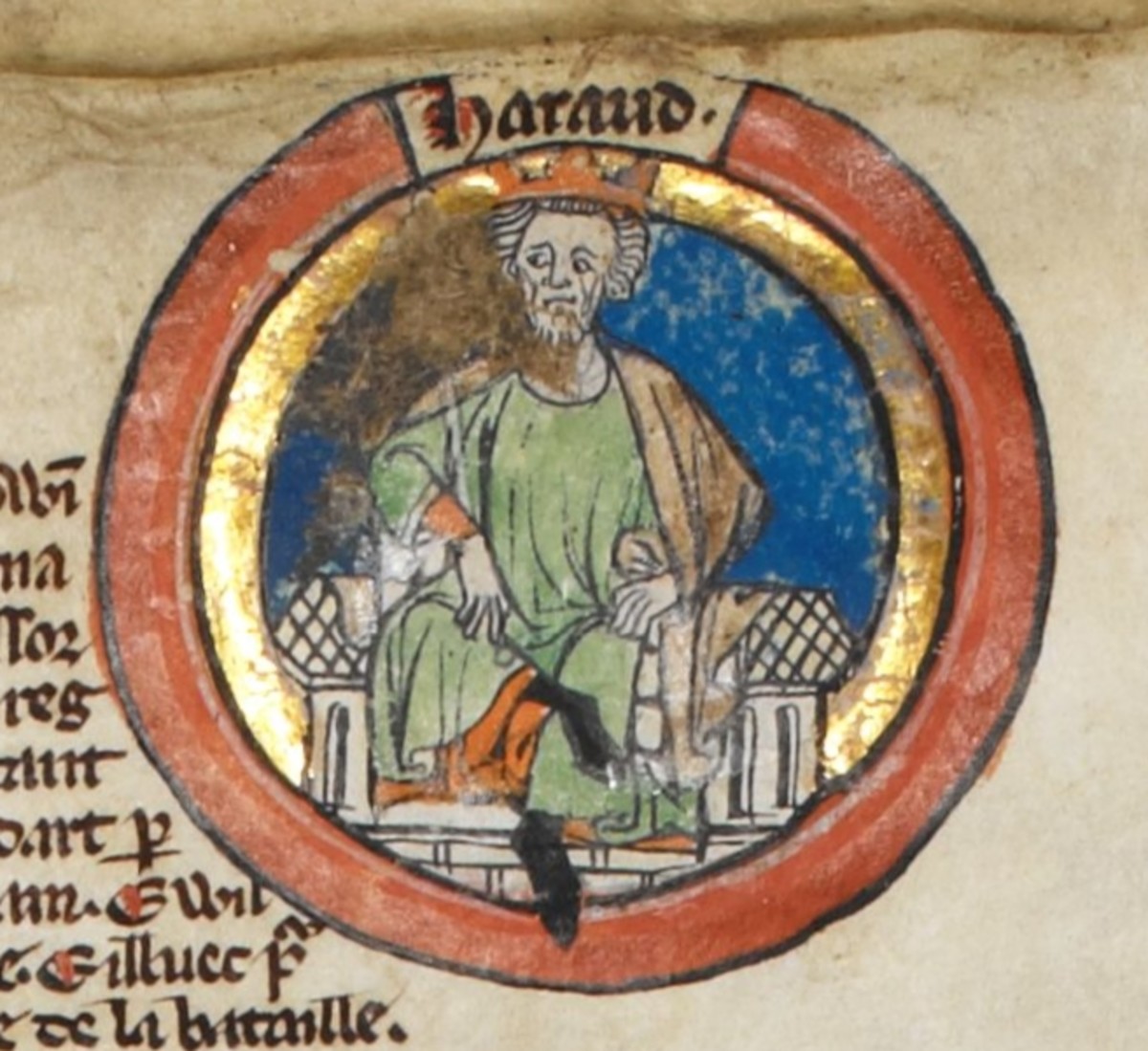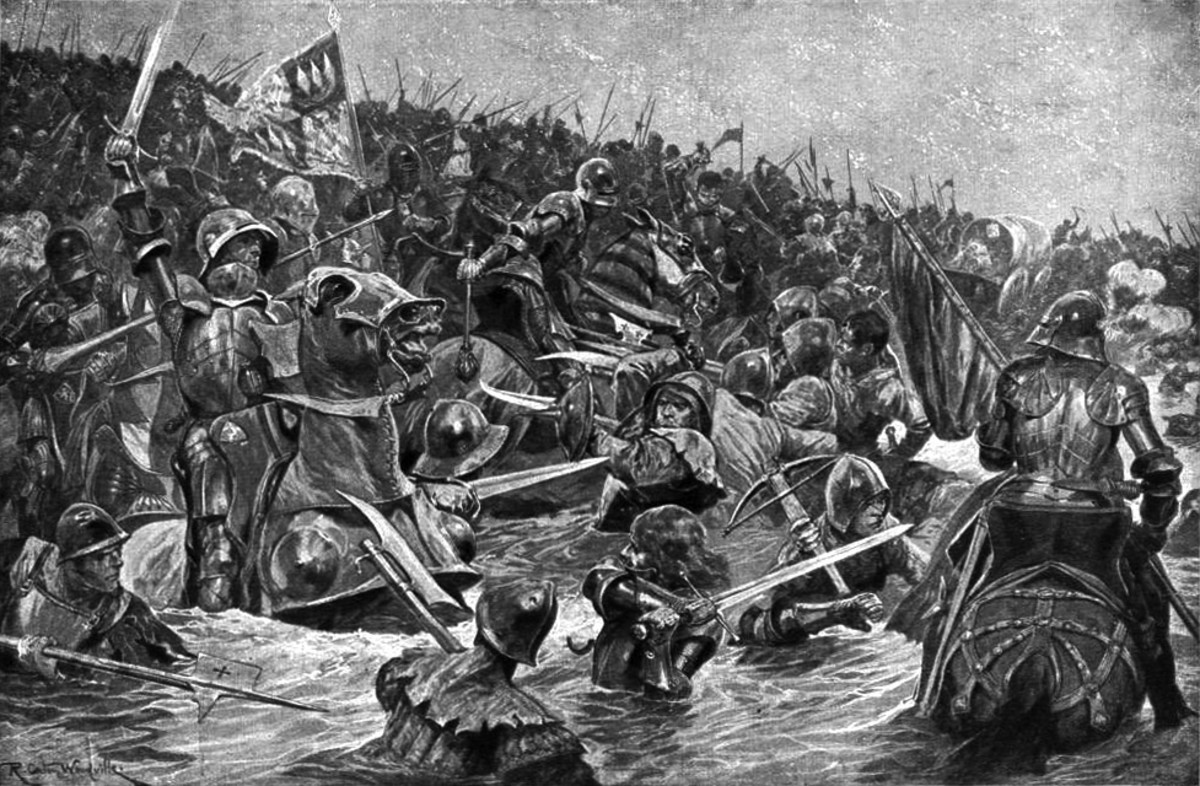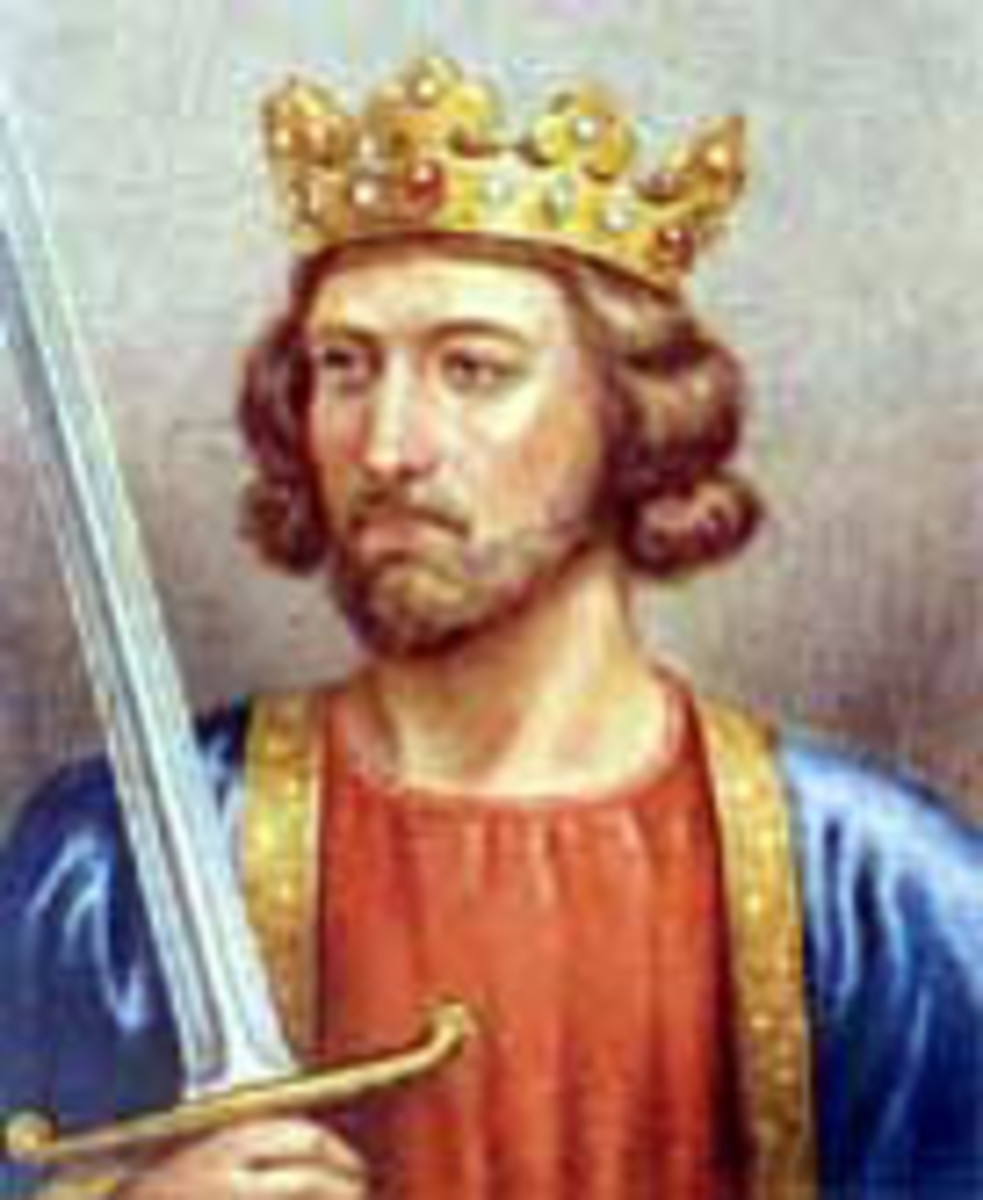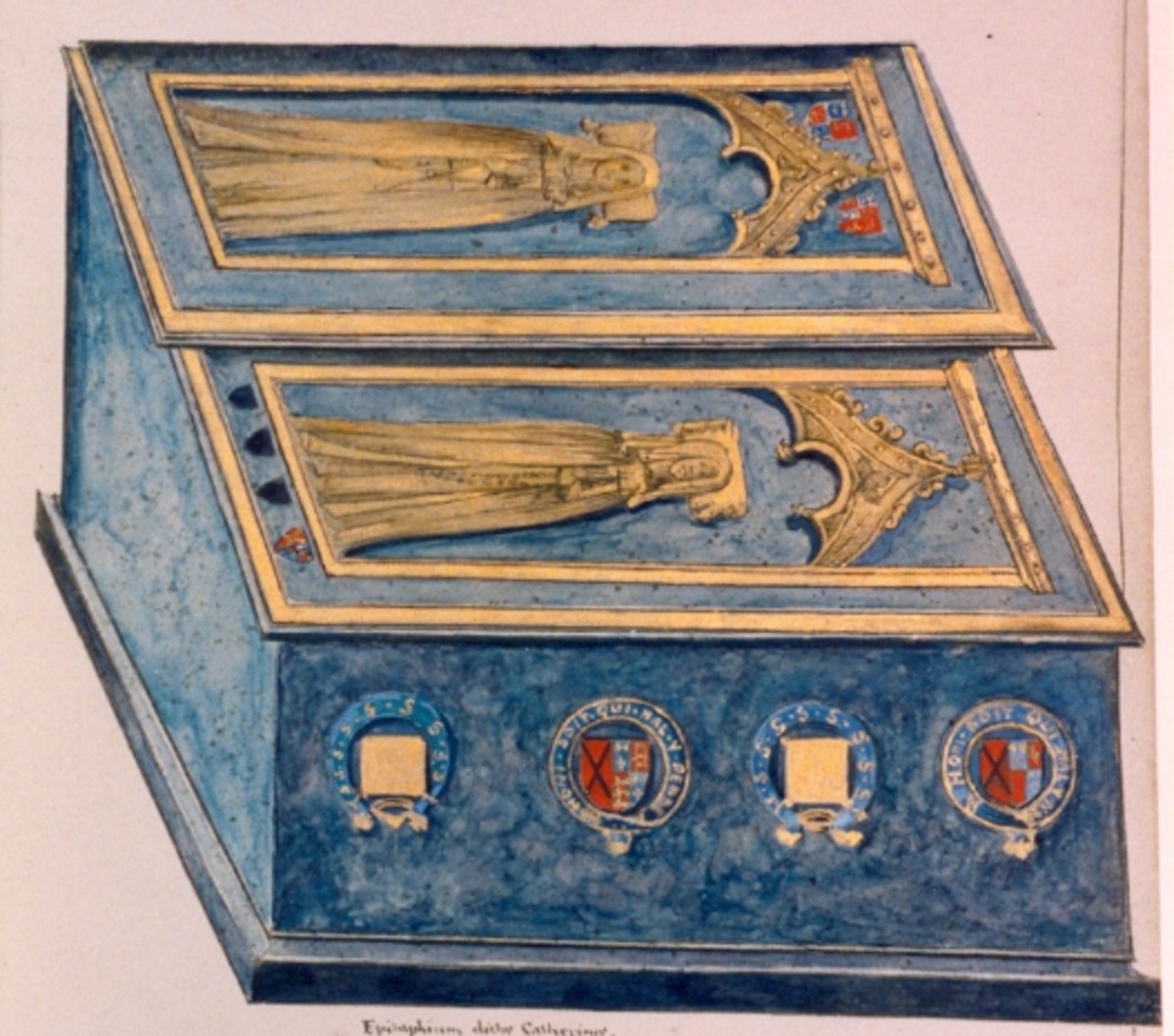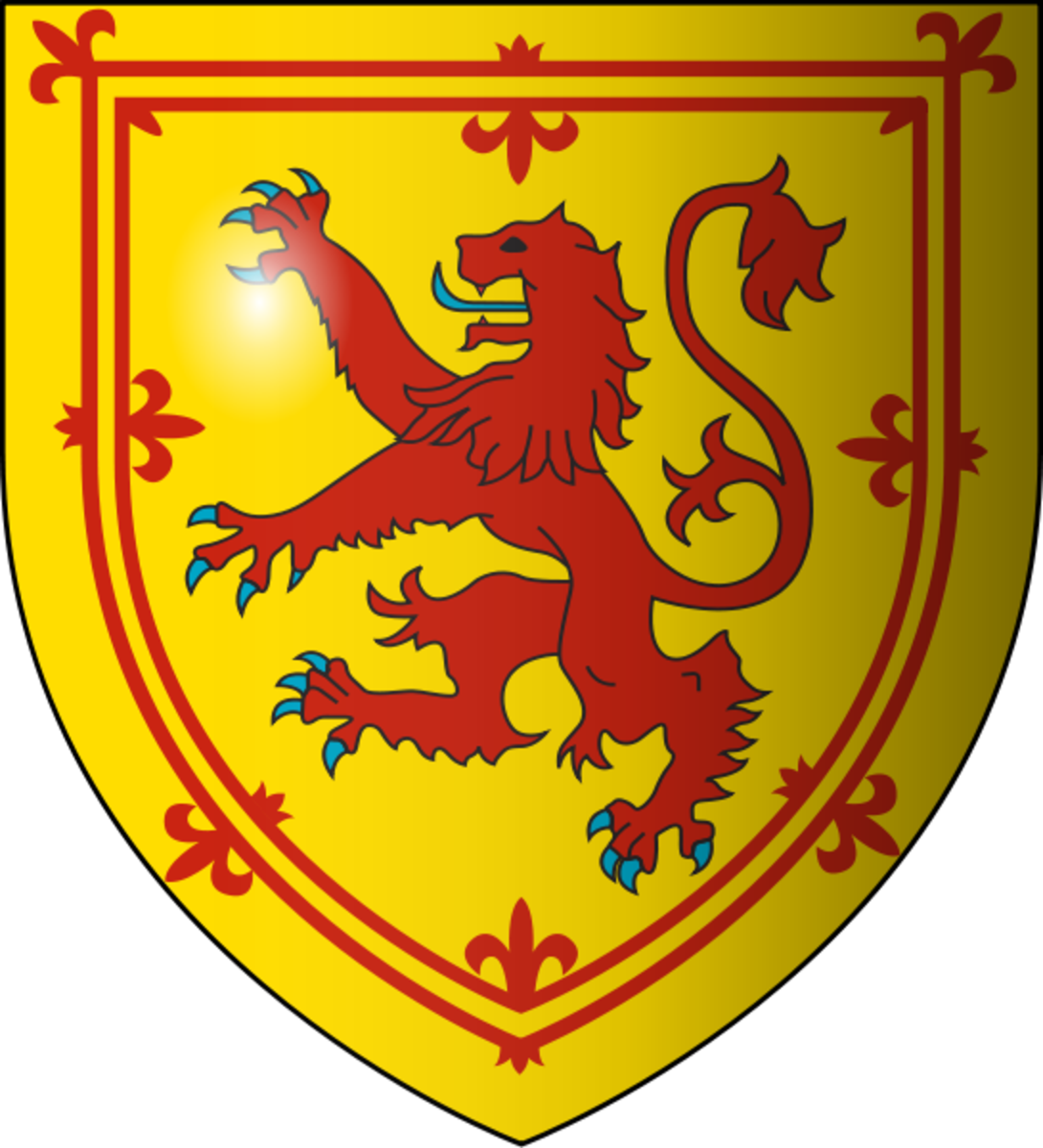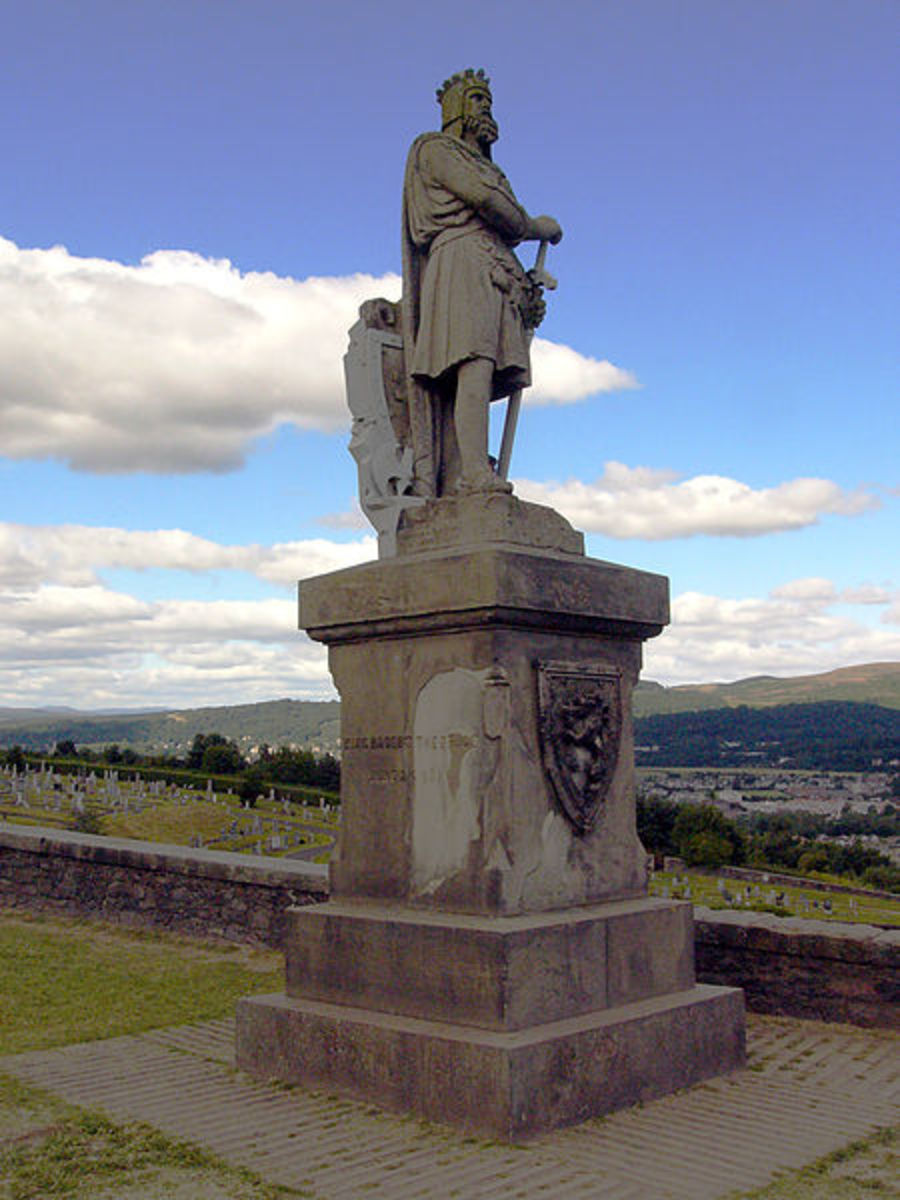Henry VI Crowned King: The Nine Month Old King of England
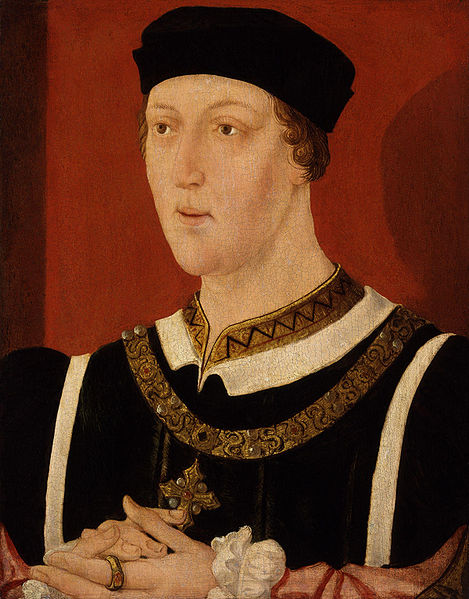
Henry of Windsor was the only child of Henry V of England and Catherine of Valois. He was just nine months old when he came to the throne on August 31, 1422, after his father’s death and was named Henry VI of England. However, it would take another seven years for his coronation, which took place on November 6, 1429.
Henry VI: The Youngest King of England
By 1422, there had been a few child kings but no-one as young as Henry VI. It was unprecedented and clearly a dangerous and worrying situation for the people of England. In fact, Henry VI remains to be the youngest king that England, and Great Britain, has ever had. Just a month after his father’s death, Henry soon found himself King of France, too. His grandfather, Charles VI’s died and it was stated in the Treaty of Troyes upon the betrothal of Henry V and Catherine that Henry V would become king. Of course, with Henry V dead, that led to his son’s right.
Henry VI’s reign in France was disputed and if you look at the records for his successor, Charles VII, you will notice the same start date for the reign. England was in the middle of the Hundred Year’s War at this point, which explains the dispute. This is all for another article though!
As a nine month old, Henry wasn’t in any position to be able to make any decisions. He could barely walk, let alone talk and do the best for his country! That power was passed to his Protector, John, Duke of Bedford. John was one of the brothers of Henry V. However, John was in France for much of the time and England needed a protector. That fell into the hands of another brother, Humphrey, Duke of Gloucester. All that Humphrey could do was summon parliament and make sure that there remained peace in England.
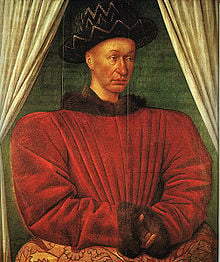
Reaction to Charles VII’s Coronation
Charles VII was crowned King of France on July 17, 1429. Parliament needed to do something against this: it was Henry’s rightful claim according to them. However, the boy king hadn’t even been crowned monarch of his own country! That needed to be done right away and the ceremony took place at Westminster Abbey on November 6, 1429; with his coronation as King of France at Notre Dame on December 16 two years later.
The coronation was just a symbolic sign that Henry VI was now King of England. He was still too young to rule in his own right and he didn’t even get any say in the decisions that were made. It was just before he turned 16, on November 13, 1437, that Henry finally took some control of his own country. But it was clear from early on that he wanted to make the decisions.
Was Henry VI Rightfully King of France?
Henry VI Takes Control of His Own Country
Henry VI finally took full control on his 16th birthday. He made the decision to make his most important nobles those who clashed over their views on the war with France. This was the Hundred Year’s War—although it had continued for more than 100 years. It was started long before Henry VI’s reign and he was picking up the mess that his father had started up again. However, Henry was quite a pious and shy man who didn’t like the bloodshed. He wanted to bring peace between the two warring countries.
Among those who wanted the war to continue was Richard Plantagenet, Duke of York. It wasn’t just this but it partially led to the Wars of the Roses as Richard fought for his son, Edward, to gain the throne. It didn’t help that peace with France meant that Henry VI would marry Margaret of Anjou, which meant that the lands of Anjou and Maine would be handed to Charles VII of France. This was hugely unpopular, especially with the Duke of York, and he did what he thought was the best for the English people.
Learn More About Henry VI's Reign

Henry VI’s coronation took seven years from him being named King of England. It may have taken longer had Charles VII not been crowned King of France in 1429. However, that coronation brought Henry VI to become ruler in his own right, unpopular decisions and the Wars of the Roses. England would never be the same again and would find itself in a variety of wars that would last decades.


